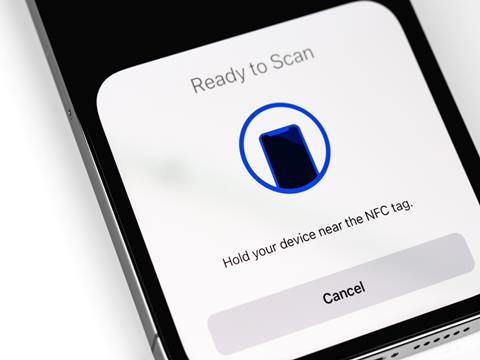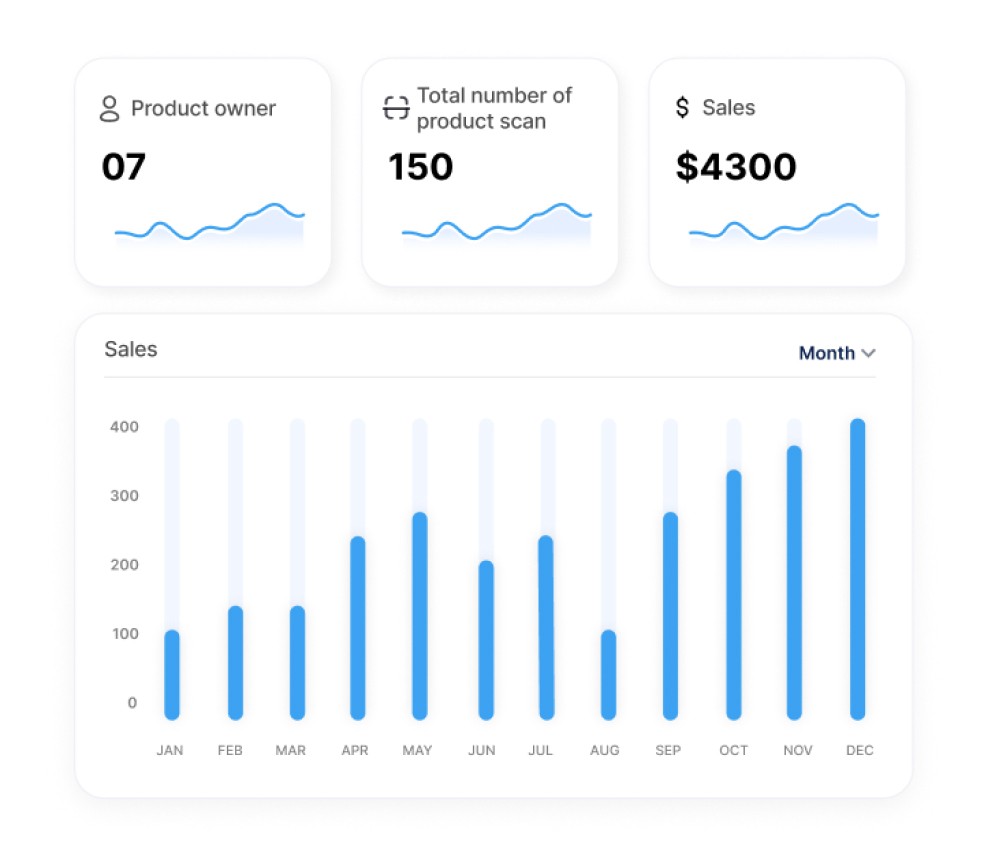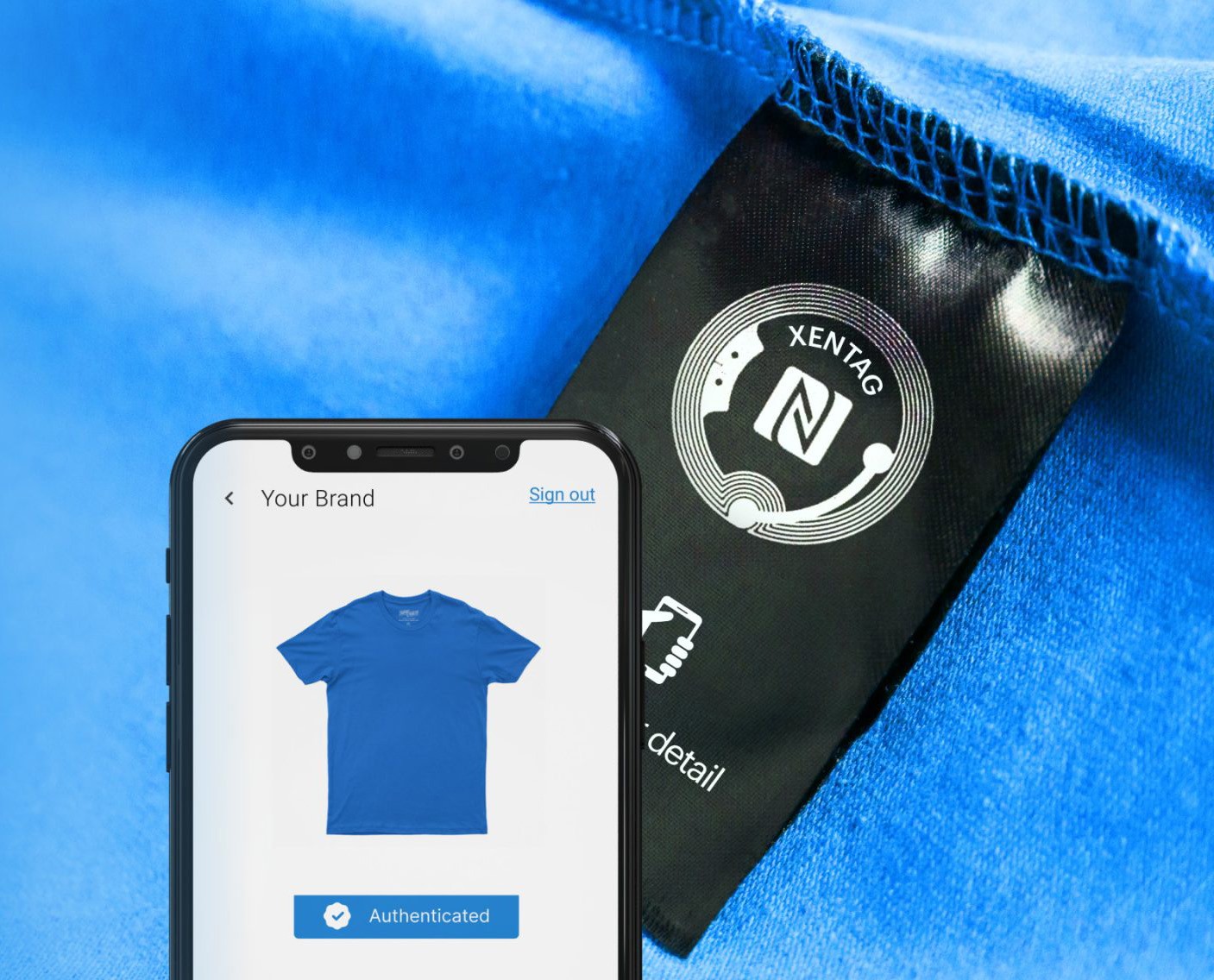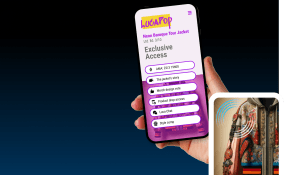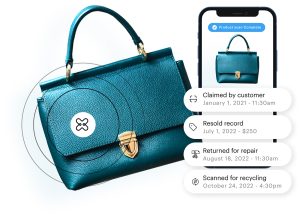A few years ago, online retail giant eBay announced its plans to roll out a new authentication program for sneakers sold on its platform. The project came on the tails of luxury shoe purveyors SneakerCon and GOAT, both of which have had legitimacy verification practices in place since as far back as 2015.
While requiring some extra investment, these initiatives have proven essential for online retailers who rely on brand credibility to stay afloat. Thorough inspections and high tech tools seem to be the only way to get figurative – and literal – buy-in from scam-weary customers.
In this article, we’ll explore this reality in depth by discussing NFC tags and how companies like eBay are using them as an insurance policy against fraud. We’ll also cover the ROI that tech-enabled strategies like these can deliver to the businesses that employ them.
What Is NFC?
NFC, short for Near-Field Communication, is a technology designed to facilitate wireless information transfer. It uses radio waves that allow for short-range connection (usually a few centimetres) between two devices. NFC is a relatively inexpensive technology and has many applications, including contactless payment, ticket redemption and access cards.
How NFC Tags Work
NFC connections are enabled by NFC tags – small, passive chips embedded into electronic devices. These tags are attached to antennas that allow them to communicate with each other. When an NFC-enabled device comes in contact with an NFC tag, it can read the chip’s data. This data can range from basic information like the serial number of a product, to more extensive details such as brand, size and colour.
NFC Tags in Action
NFC tags have a lot of potential beyond contactless payment. One important application is authenticity verification; NFC technology uses a combination of unique IDs, cross-checking and short access range, to provide an extra layer of protection against counterfeit goods.
Below, we’ll highlight some prominent examples of retailers using NFC tags to ensure the validity of their products; in this case, luxury footwear.
eBay
eBay is the latest major company of its kind to hop on the NFC train, having partnered with industry leader Sneaker Con to create a shoe authenticity program in 2020. The online retailer invested millions into a new state-of-the-art facility that has been using processes of rigorous inspection to verify that every sneaker sold over $100 in the U.S. is the genuine article.
To guarantee the validity of its sneaker sales, eBay has independent authenticators review everything from the shoes themselves – including stitch marks, glue and colouring – to the boxes and accessories they come with. Upon passing this multi-point inspection, products are given an ‘eBay tag’ as a guarantee of their legitimacy. These tags are, of course, NFC -enabled and can be scanned by customers to confirm the product’s authenticity.
SneakerCon
SneakerCon, another prominent online sneaker platform, has been using NFC tags since 2018. Each sneaker sold by the company is equipped with a tag that contains a unique serial number, allowing customers to verify the item’s authenticity. Once the tag is scanned, an app will pull up information on the shoe’s model name, size, condition, SKU number and any other details necessary to prove its legitimacy. Once a shoe is confirmed as legitimate, customers will be shown a screen that reads “Legit. Sneaker Con Authenticated.”
The ROI of NFC
While it’s pretty obvious that NFC verification comes with an extra price tag (no pun intended), the general consensus among retailers is that the cost is justified. eBay in particular has greatly benefited from its program. Customers are often hesitant to trust the quality of products purchased online. This new verification system virtually eliminates the risk of buyers getting scammed and has opened the door for eBay to capitalize on $500+ range sales.
Tying it Up
NFC tags are the perfect solution for retailers looking to create an extra layer of security around their products and ensure their authenticity. By providing customers with an easy way to verify the validity of their purchases, companies can increase consumer trust in their brand and open the door to a new level of sales. Ultimately, NFC tags represent a small up-front investment that retailers can benefit from for many years to come.



